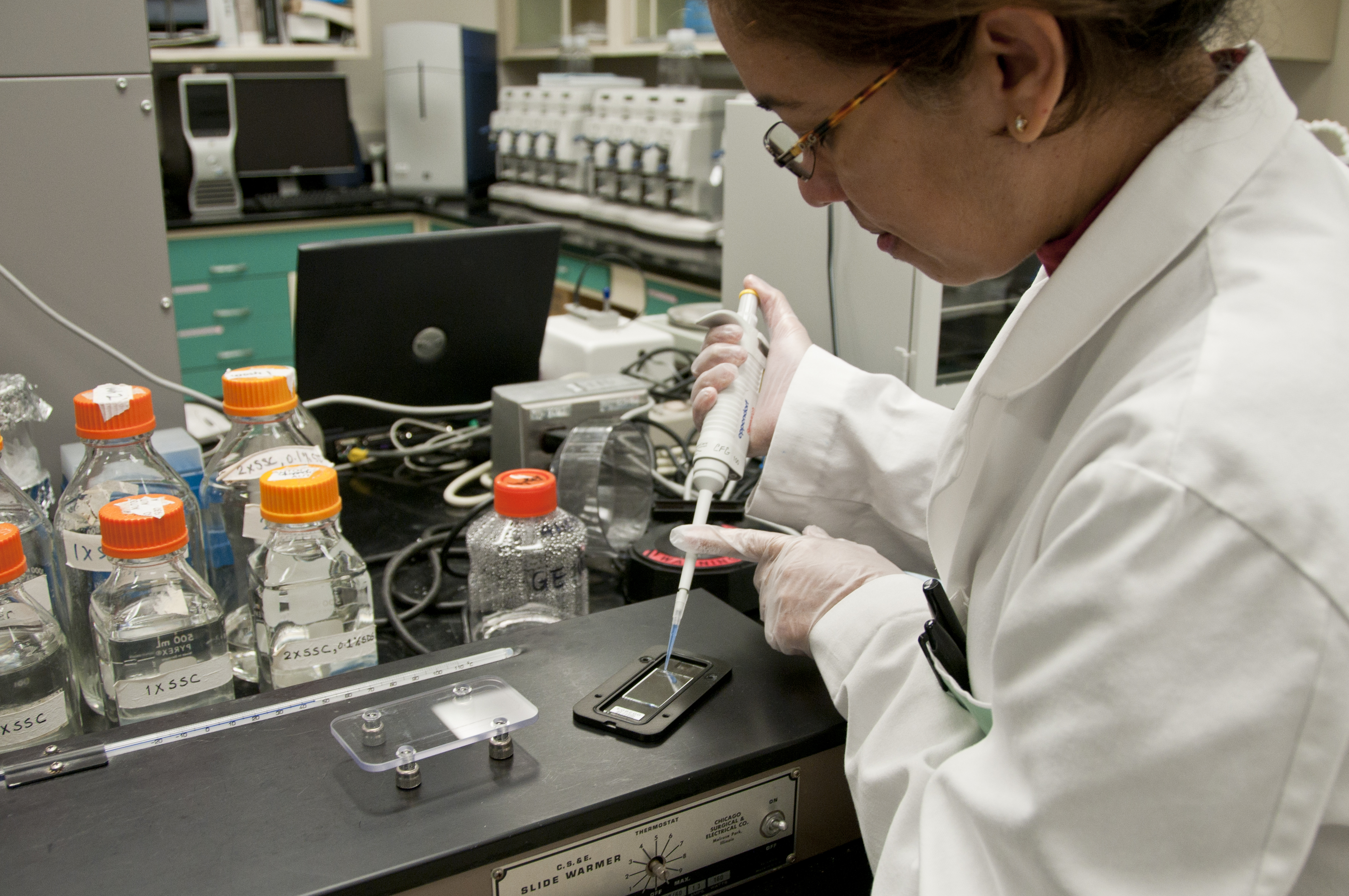
Photo from academic.microsoft.com
Legionnaires’ disease (LD) is a severe pneumonia caused by bacteria belonging to the genus Legionella. This is a major public health concern and infections are steadily increasing worldwide. Several sources… Click to show full abstract
Legionnaires’ disease (LD) is a severe pneumonia caused by bacteria belonging to the genus Legionella. This is a major public health concern and infections are steadily increasing worldwide. Several sources of infection have been identified, but they have not always been linked to human isolates by molecular match. The well-known Legionella contamination of private homes has rarely been associated with the acquisition of the disease, although some patients never left their homes during the incubation period. This study demonstrated by genomic matching between clinical and environmental Legionella isolates that the source of an LD cluster was a private building. Monoclonal antibodies and sequence-based typing were used to type the isolates, and the results clearly demonstrated the molecular relationship between the strains highlighting the risk of contracting LD at home. To contain this risk, the new European directive on the quality of water intended for human consumption has introduced for the first time Legionella as a microbiological parameter to be investigated in domestic water systems. This should lead to a greater attention to prevention and control measures for domestic Legionella contamination and, consequently, to a possible reduction in community acquired LD cases.
Journal Title: International Journal of Environmental Research and Public Health
Year Published: 2021
Link to full text (if available)
Share on Social Media: Sign Up to like & get
recommendations!